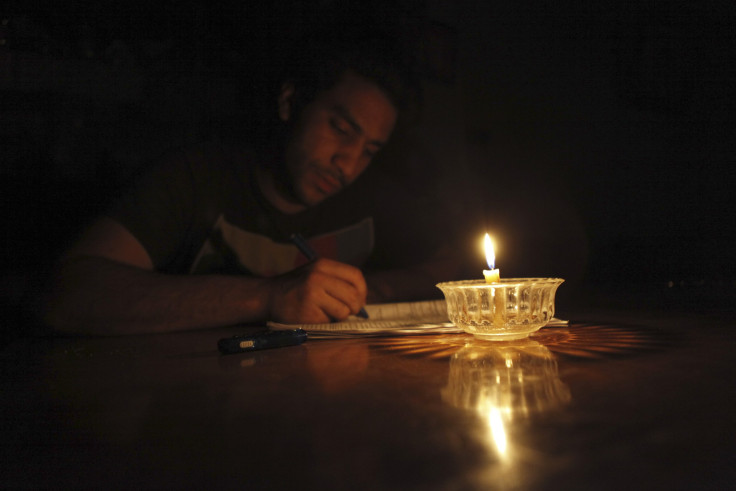Egypt-Saudi Arabia Relations: Cairo Asks Kuwait For $100 Million To Fund Electricity Project With Riyadh

In yet another sign of its increasing dependence on its wealthy Persian Gulf neighbors, Egypt has asked Kuwait for a $100 million loan to fund a $1.6 billion, 3,000-megawatt electricity interconnection project between Saudi Arabia and Egypt. The operation would supply electricity to both countries and could ultimately serve to connect countries in the Gulf to the European power grid.
The plan would connect the Saudi city of Medina with Egypt's New Cairo City, which is roughly 20 miles east of Cairo, by way of Tabuk, a city in the northwestern corner of Saudi Arabia. It would require more than 850 miles of cable, including about 15 miles going under the Gulf of Aqaba. For both countries, the project is expected to help relieve pressure on the grid during peak usage times — during the afternoon in Saudi Arabia, and in the evenings in Egypt.
Saudi Arabia and Egypt originally signed the deal for the project in June 2013, Asharq al-Awsat reported. Both countries had planned to cover the costs and responsibilities of operating and maintaining the power grid and cables, with Egypt paying about 40 percent of the cost and Saudi Arabia 60 percent. The loan requested from Kuwait, which would be repaid over 25 years, would help offset the $600 million Egypt is supposed to contribute. The loan carried an annual interest rate of 2 percent, Middle East Monitor reported.
When the deal was first signed, officials said the project would take 24 to 30 months to complete, but in November 2014, a Saudi official said that issuing tenders for the project had been delayed due to technical specifications, the Daily News Egypt reported. It wasn't until September 2015 that three companies announced plans to present both governments with technical proposals to build three transformer stations as part of the project.
Egypt, which has experienced political and economic turmoil since the ousting of longtime dictator Hosni Mubarak in 2011, has shown increasing dependence on its Gulf neighbors.
In August 2015, Egypt and Saudi Arabia signed a deal worth $1.4 billion for Aramco, Saudi's national oil company, to supply Egypt with oil for three months starting in September. In July, the two countries signed an agreement, dubbed the Cairo Declaration, to increase military and economic cooperation. “Egypt and Saudi Arabia are the two pillars of Arab national security, and together we can confront these challenges,” Egyptian President Abdel Fattah el-Sisi said at the time. Kuwait, Oman and the United Arab Emirates also promised in March to send some $12.5 billion in economic aid.
© Copyright IBTimes 2024. All rights reserved.












